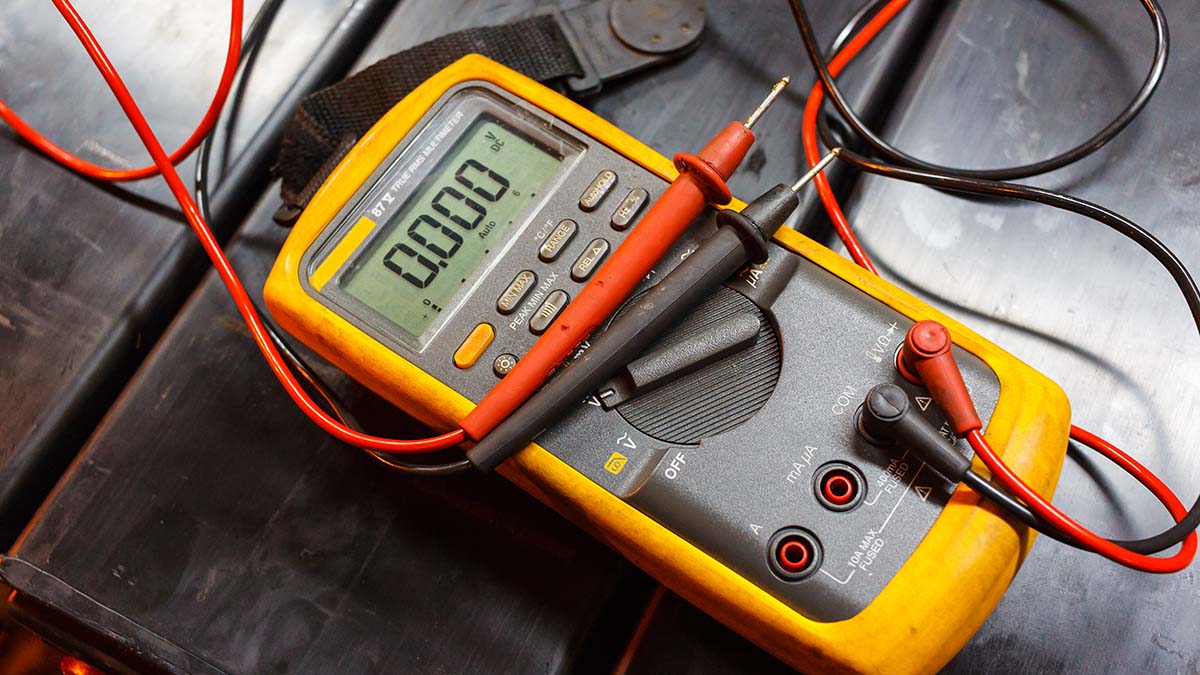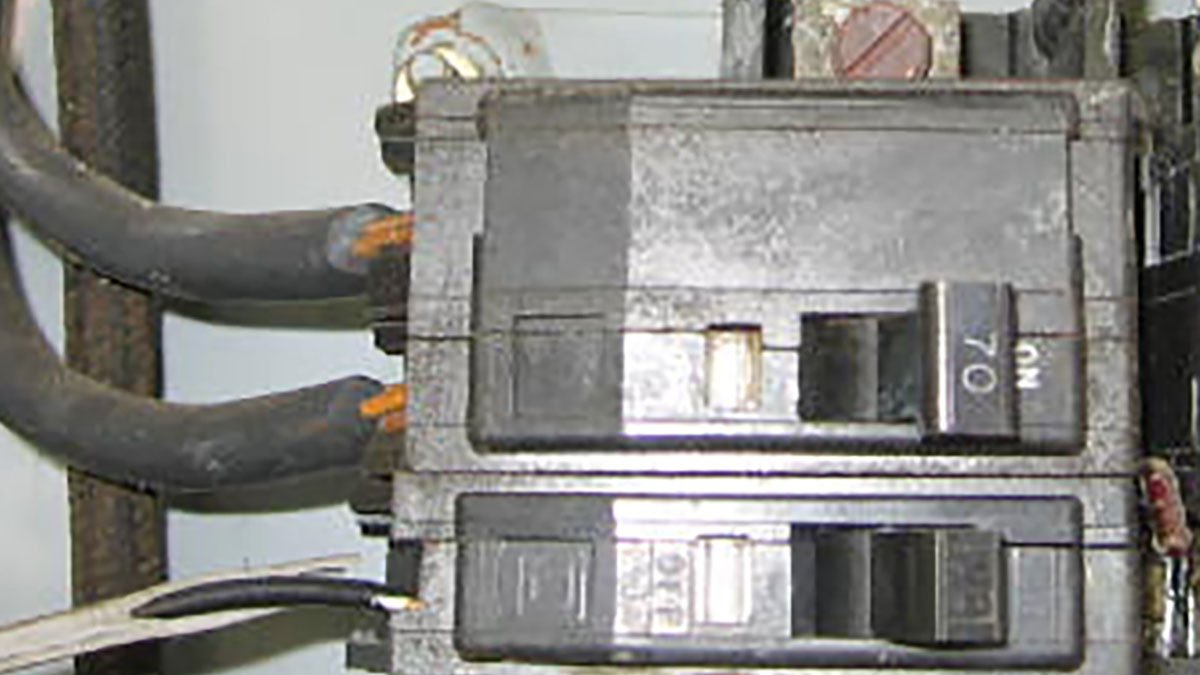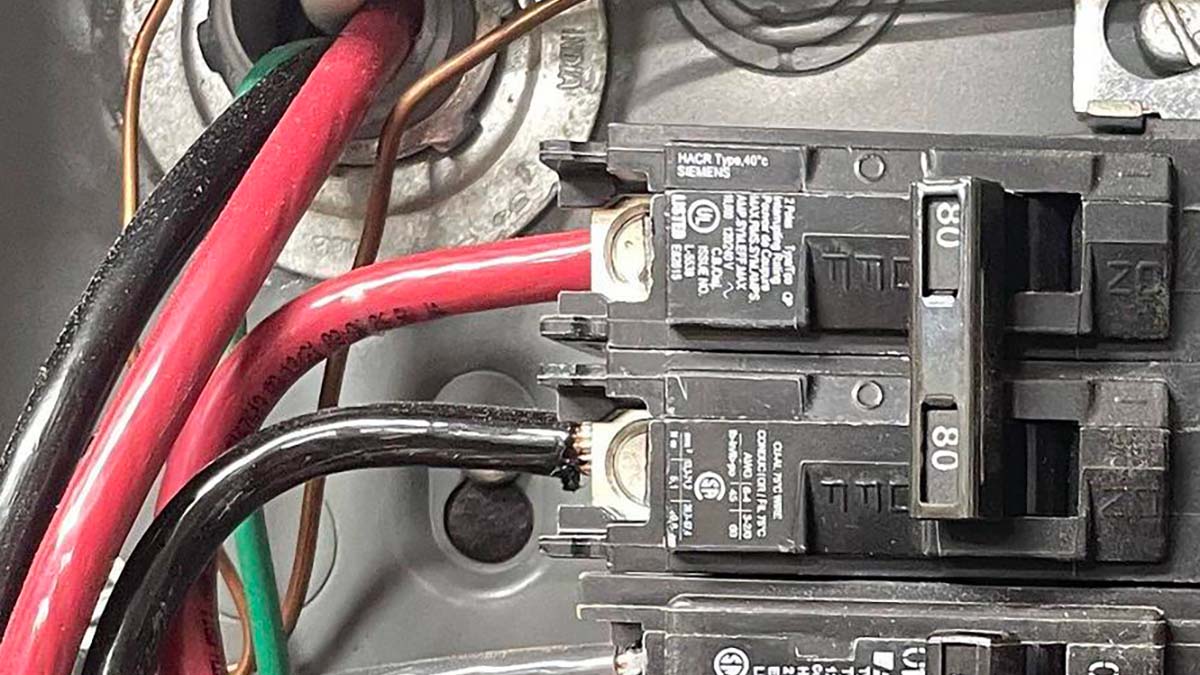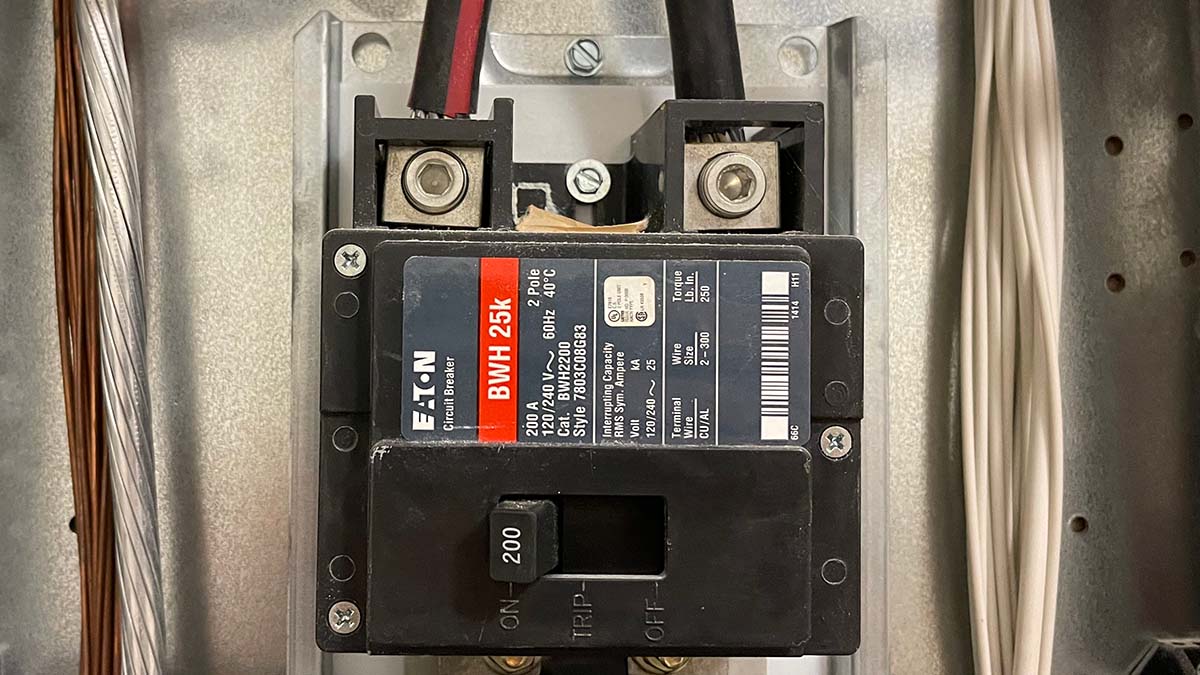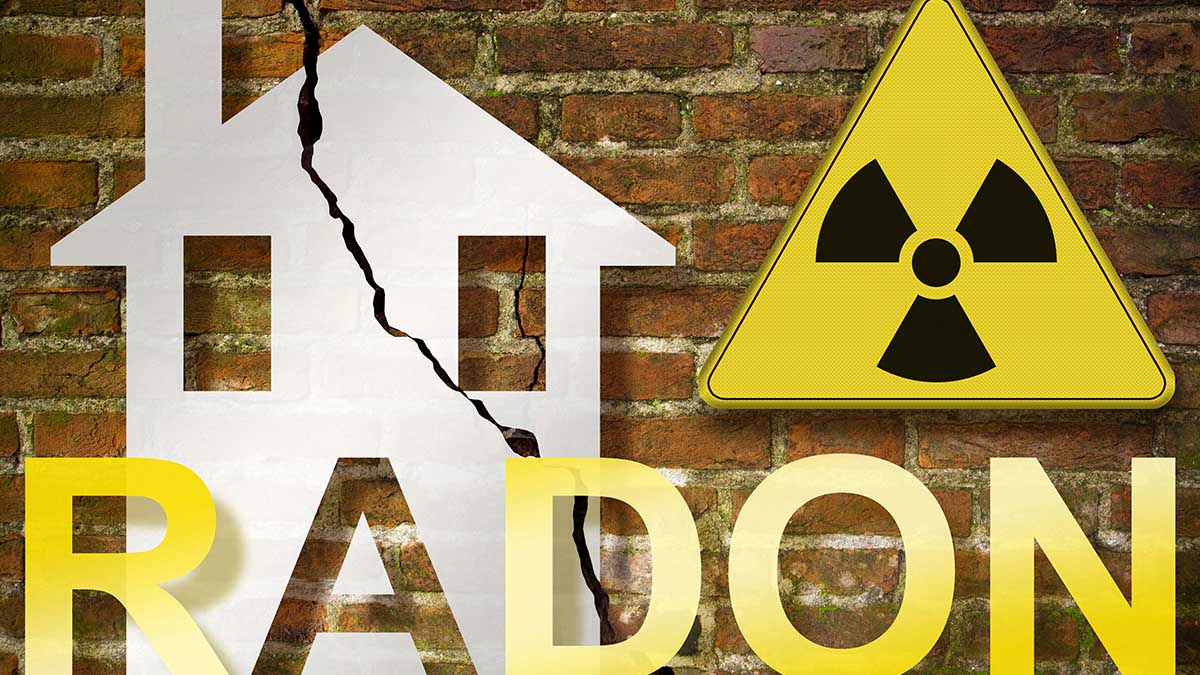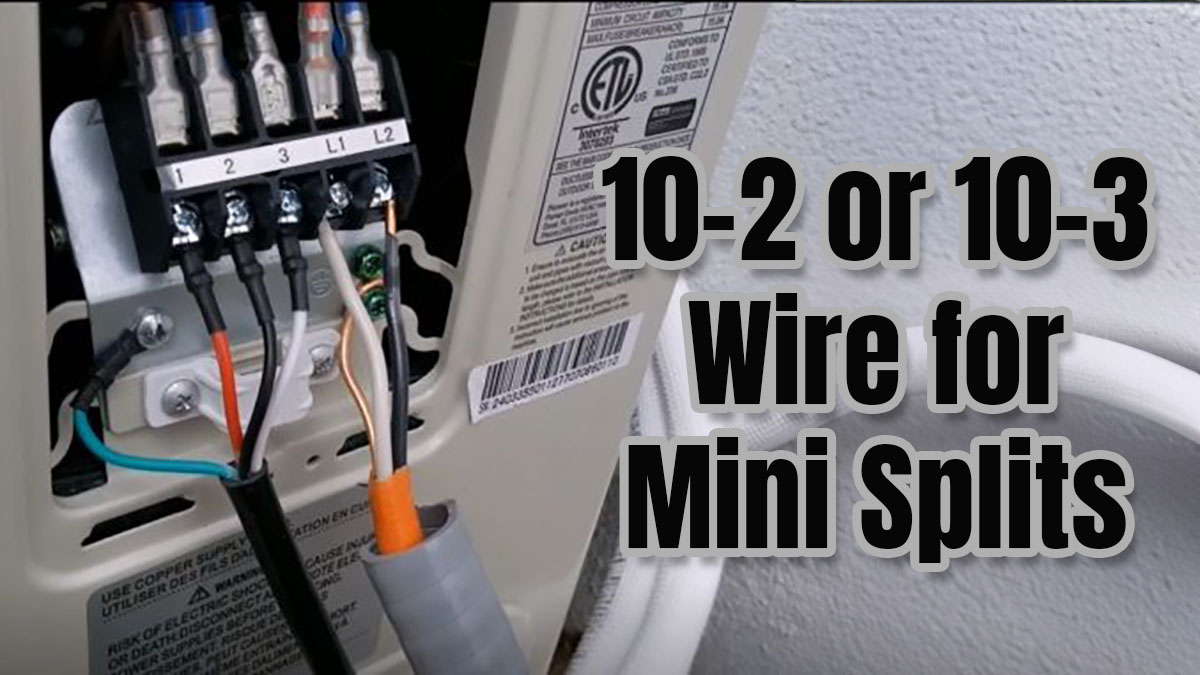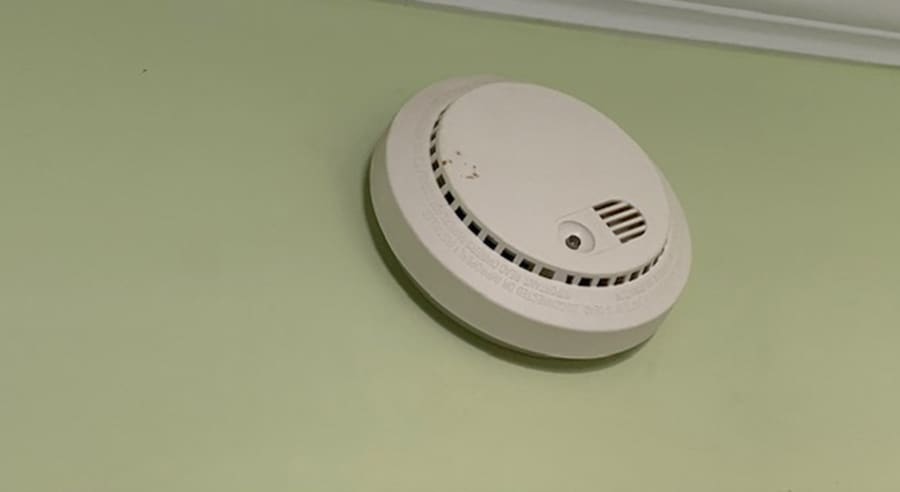
Smoke detectors are your first line of defense against fires that could destroy your home and, even worse, could cost your life or the life of a loved one. That is why you have to make sure that your smoke detectors are working at the top of their game and should be replaced whenever they no longer work. But how often should you replace your smoke detectors?
The National Fire Protection Association recommends that smoke detector alarms be replaced every 10 years. If your home is over 10 years old and the smoke alarms have never been replaced, it’s time to replace them. One way to tell is to look at the date on the tag located on the smoke detector’s backside. Another is to look at the color of your smoke detector. If it has turned from white to a dingy yellow color, it’s time to replace it.
Your house’s smoke detector’s ability to detect smoke can be a matter of life and death, and it should never be something that you should take lightly. That’s why, if possible, make sure that you are aware of how long your smoke detector will last and how to tell whether or not it is still good enough to work.
How often should you replace the battery in your smoke detector?
Some modern smoke detectors come with a 10-year lithium-ion battery. However, most smoke alarms still have a 9-volt battery with needs to be replaced every 6 months. If you hear your smoke detector making a chirping sound or see a blinking red light, the smoke alarm is signaling you it’s time to replace the battery.
How Long Do Smoke Detectors Last?
Smoke detectors are often made to signal you that their battery life is already up and that you need to get them replaced right away, or else you would end up with a smoke detector that probably won’t be able to do its job well. Most of the time, smoke detectors would make that beeping sound once it is time for you to change the batteries.
However, according to the National Fire Protection Association, smoke detectors have a lifespan of 10 years and are required to be replaced after the expiration of those 10 years. While the smoke detectors may still work even after 10 years, the problem is that they won’t be able to work as effectively as they once did, even though they never once detected fire or smoke in your house. 1
In other words, you have to keep an eye on when your smoke detector’s 10 years are up by looking at its manufacturing date and then counting from there. This is important because smoke detectors will not beep or signal you that those 10 years are already up. In short, you should be the one to determine when those 10 years are already done.
Not many people are aware of this fact as most homes and buildings are actually using smoke detectors that have already exceeded their operational limit, thinking that it is okay for them to be using old smoke detectors already past the age of 10. Again, this is a matter of life and death. You should never try to save a few bucks just because you think your smoke detector is still working fine.
There have been plenty of cases wherein homeowners still believe that their smoke detectors are working fine just because it still beeps or works fine when the test button is pressed.
However, what people don’t know is that the beeps and the test buttons only test how well the electronic components and the batteries are working and not whether the sensors are doing fine. You’d have to test the smoke detector out using real fire to know whether it is still working truly. But that can be too much of a risk on your part.
Why Do Smoke Detectors Turn Yellow
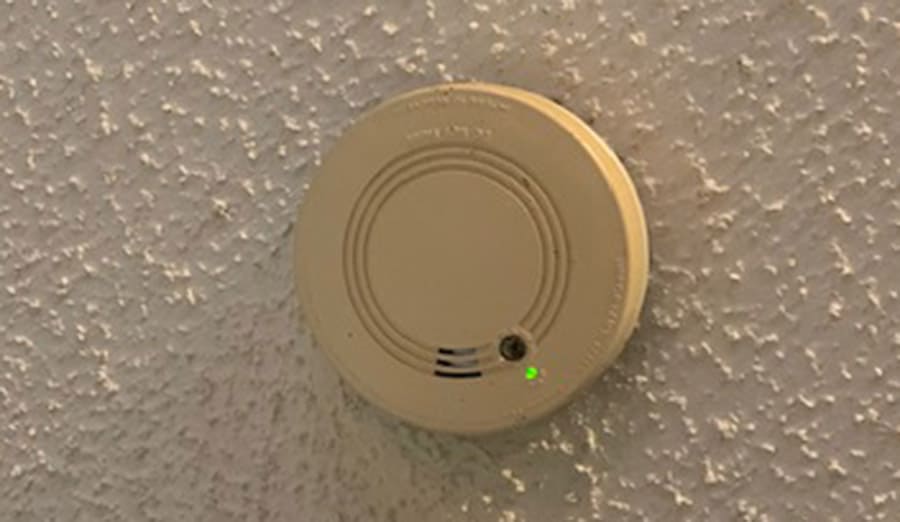
If you’ve been in a home for more than 10 years or have recently purchased a home, you may have noticed that the smoke detectors have turned yellow. If your smoke detectors have turned yellow, it’s likely not caused by cigarette smoke, dust, or grease.
Smoke detectors turn yellow because of a fire retardant called Bromine that is added by manufacturers. Bromine helps protect the smoke alarm in the event of a fire and serves as a visual signal that the smoke alarm has aged and needs to be replaced.
Why Do Smoke Detectors Expire?
Strictly speaking, smoke detectors were never technically made to have an expiration date by their manufacturers. After all, electronics that don’t have a ton of moving parts don’t actually expire. They will keep working in the technical sense so long as you make sure that their batteries are still working.
However, the problem with smoke detectors is that they don’t expire because their parts stop working. Instead, they expire because their effectiveness in detecting smoke will gradually expire as time goes by because smoke, dust, and other smaller particles will accumulate and desensitize the sensors to the point that they won’t detect smoke as effectively as they did in the past.
In short, even if the smoke detector still appears to be working, it won’t be able to detect smoke very well when it is near to or has gone past its 10-year limit. This 10-year limit isn’t something that manufacturers will tell you, but you have to know to make sure that your house stays as safe as possible.
Keeping your house as free from dust and cleaning the smoke detector from time to time aren’t even options, so that you could try to haggle a few more years out of your smoke detector. It is always better to be safe than sorry as you don’t have to be thrifty about your smoke detector’s safety. Once those 10 years are up, it’s time for them to go whether or not they are still working fine.
How Do You Know If a Smoke Detector Is Going Bad?
If you think that you already need to replace your smoke detector because you believe it is already too old, you have to make sure that it has gone past its 10-year limit before replacing it or assuming that it has gone bad.
- Remove the smoke detector from the ceiling in a safe manner.
- Check the back of the smoke detector to see its manufacturing date.
- Please keep it in your head that smoke detectors should only be kept 10 years from their manufacturing date.
- If the smoke detector is still within the 10-year limit, put it back in place. If not, you should go out and get a replacement before it’s too late for you to blame the smoke detector for failing.
Even if your smoke detector is still within the 10-year limit, there can be instances wherein they would see the end of the tunnel earlier than expected. That’s why you have to watch out for the signs that could be pointing out the possibility that your smoke detector needs to be replaced.
- The smoke detector goes on and off even though there isn’t even any hint of smoke in your house. This could mean that the sensor is beginning to fail and that it is starting to detect even simple dust as smoke particles.
- If the smoke detector is still beeping randomly from time to time, even after you had just replaced its batteries with fresh ones, there could be a problem with its electronic components. That means you need to get it replaced before it dies out on you when you need it the most.
- When you press the test button, and it doesn’t operate the alarm, that means that the smoke detector isn’t working properly, and it probably won’t sound the alarm in the middle of an actual fire.
- If the smoke detector becomes a bit too sensitive to simple day-to-day smoke such as cooking or even to increased humidity levels, there might be something wrong with the sensors. It would be best if you got it replaced when that happens.
- Smoke detectors aren’t power-hungry and won’t eat up a lot of battery power. But if the batteries you replaced didn’t even last an entire year, it could be a sign of internal failures in the smoke detector.
How Often Do You Change Your Smoke Alarms?
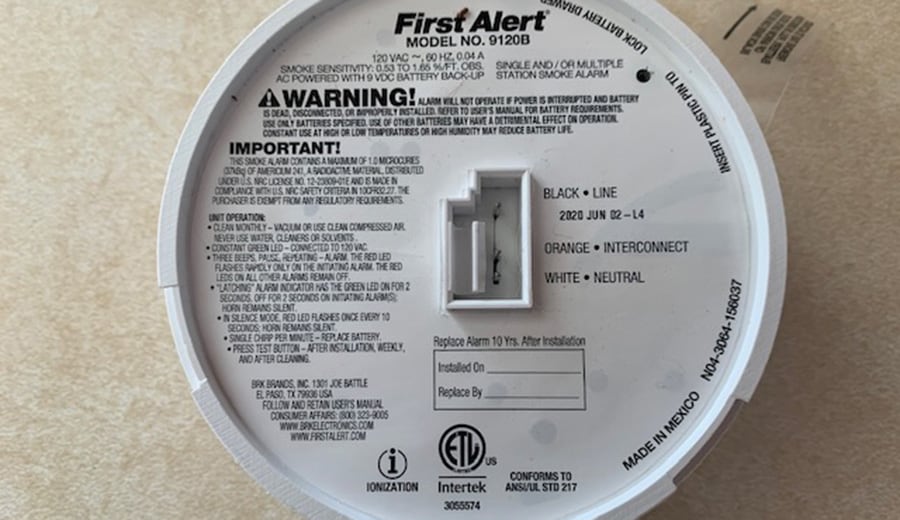
Now that we know how often you’d have to change smoke detectors, what about smoke alarms? Smoke alarms and smoke detectors may sound the same, but they are actually different when it comes to how they function.
Smoke alarms are stand-alone devices that already have a sensor and an alarm built-in so that they can be used independently of an entire fire-prevention system in a home.
Meanwhile, a smoke detector is a device that has a sensor that detects smoke but doesn’t come with its own alarm system. Instead, it functions by signaling an alarm separate from it whenever it detects smoke coming from a fire. Smoke detectors work in conjunction with an entire system, and there is supposed to be a fire alarm panel that acts as the main power source for the smoke detectors.
In other words, you can use a smoke alarm on its own while smoke detectors work in a system.
However, the differences stop there. Whether or not smoke alarms still need to be replaced regularly is the same as a smoke detector. In that sense, smoke alarms have the same 10-year limit that smoke detectors do and should be replaced as soon as possible when that 10-year limit is up or when there are signs that would indicate that you need to get the smoke alarm replaced.


